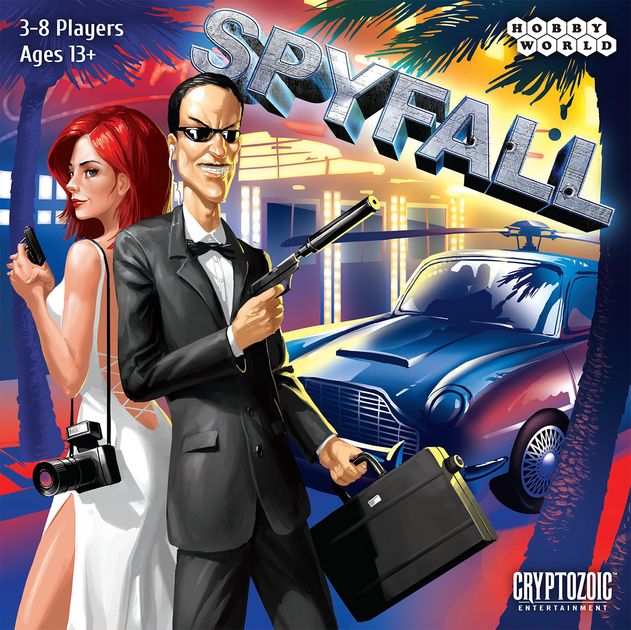In all honesty, I took this class because I didn’t understand the value, allure, and popularity of video games. The only video game I played was a website that let me do Jigsaw puzzles online, and I always tried to stay out of board games at parties. I found that most games made me nervous or made me uncomfortable. I was trying to understand what all the hype was about and why others love games so much. Because I didn’t play video games much (or at all), I knew very little about the mechanics, interactions, skills, and narratives that were inside.
During this class, I was forced to play a ton of games, including in categories that I never knew existed. One thing I discovered early on was that my nervousness around games derived from interacting with other people in an unknown or taboo world; many of the social norms that I was used to were gone, which made me anxious. I discovered that individual games, especially walking sims or embedded narrative games, where everything is essentially pre-determined, and I’m just discovering it, allow me to enjoy games significantly more. I think that this plays into the notion of me wanting structure in games, and I previously didn’t know that games like these existed. When I played What Remains of Edith Finch, I felt comfortable and like I belonged as a player because I didn’t feel uncomfortable. I think that I always strayed from games because my nervousness about the unknowns or about making the wrong decision made me feel out of place. Why would I play a game that makes me feel worse? Instead, I discovered that there are games that made me happy.
While I hadn’t yet realized this during P1 game development, I notice in retrospect that I was trying to develop a social party game that made players feel at ease. With all the protections in place to allow players to not have to discuss any element or topic that they didn’t want, I was giving players who might otherwise be anxious a comforting opportunity. Entirely letting players be in charge of what they are sharing with others, and if they wanted to, they could play the game in a way that they never had to be in the spotlight. I learned how the mechanics and loops can impact not only what a player does but how a player feels. I remember this most vividly when I was playtesting another P1 game, where I felt exposed, anxious, embarrassed and generally terrible. I wanted the protections of my own game, and it was because the other game required me to answer a question without any outs or opportunities to skip it that I didn’t feel protected.
This brings me to my other major learning: the value of playtesting and being a playtester. Seeing countless different categories of games and details of what worked and what didn’t helped me understand not only what I liked about games but what others did too. In order to make a successful game, you have to create something that others enjoy. This helped me go back to my initial goal of learning why others like different types of games. When working on my P2 game, there were many elements that I loved but players hated (or vice versa), and this helped me to understand how different target audiences can appreciate different types of games and puzzles. I will never be one to play games with certain aesthetics, but I have found a place for myself in the world of games.
If I keep working on my games, I will try to playtest with a wider range of audiences. I never playtested with anyone other than Stanford students, which I think is a fault. As I wrote above, playtesting showed me so much about the world of game design, and I believe that playtesting beyond the borders of my own community could continue to teach me much more.



I loved this so much! I am so glad you took this class, as this was a path I took over 10 years ago. I asked myself, why do people love games and got much the same answer. Perhaps they’ll just be part of your life or maybe they’ll shape your career. Who knows, but now they are there for you! and YES playtest beyond Stanford students.